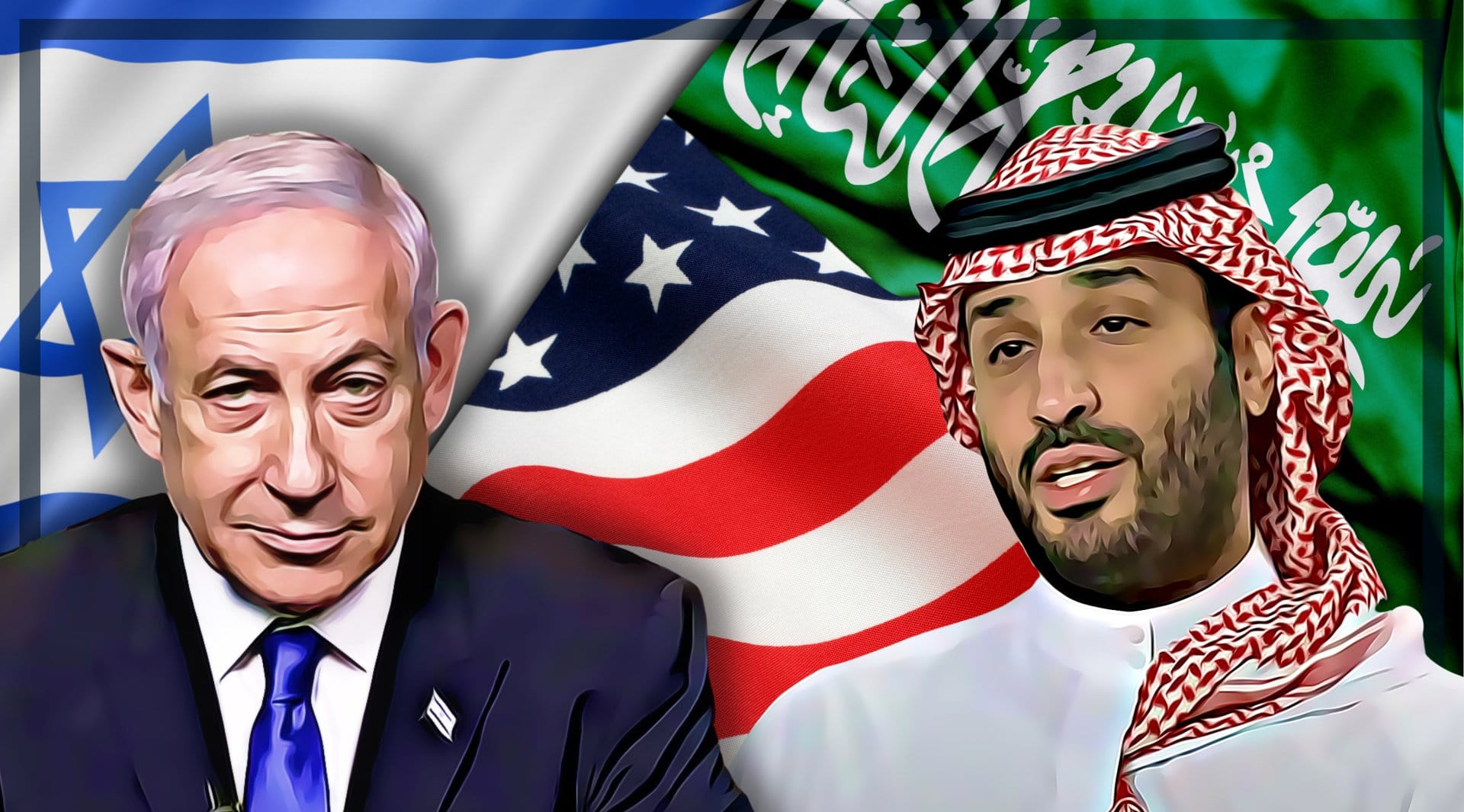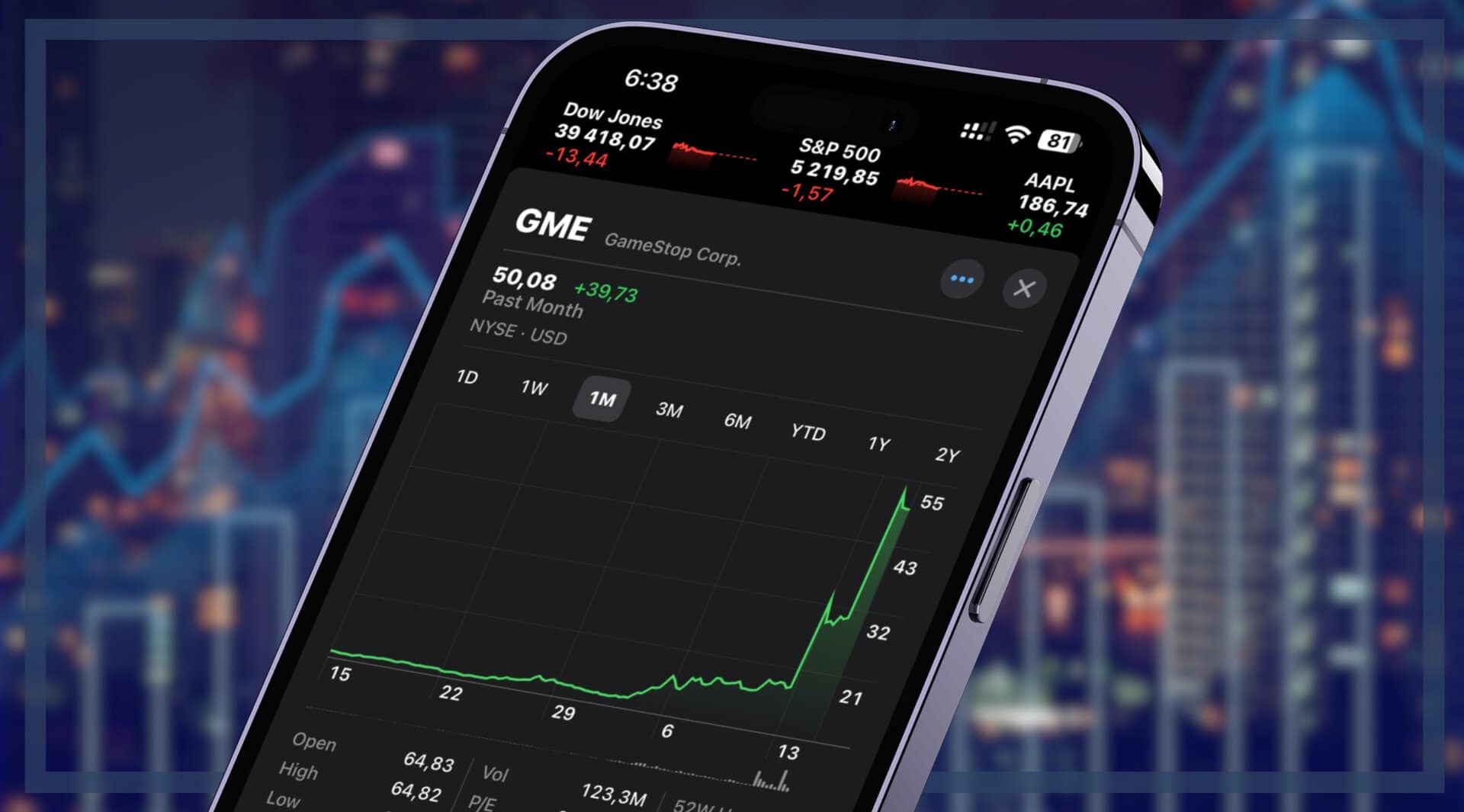A normalisation of ties between Saudi Arabia and Israel has been on the horizon for most of this year – with Riyadh, Jerusalem, and to an extent Washington DC all apparently committed to achieving this tectonic shift in Middle Eastern geopolitics.
In September, Saudi Arabian Crown Prince Mohammed Bin Salman said “every day we get closer” to normalising ties with Israel. His counterpart, Israeli Prime Minister Benjamin Netanyahu, has long been open in framing the prospect of establishing ties with Saudi Arabia as his crowning foreign policy achievement.
Democrats in the US have urged President Biden to proceed cautiously, given their unease at the States potentially being involved in the Saudi nuclear programme and desire to see a fair deal for Palestinians, but the President appears determined to broker the deal. The sight of China taking a leading role in brokering a peace deal between Saudi Arabia and Iran earlier in the year is likely to have encouraged the US, fearful of leaving a void in the Middle East that Beijing could fill, to get the deal over the line.
China helped broker peace between Saudi Arabia and Iran, and now, just a month later, diplomatic delegations from Saudi Arabia and Oman are in Yemen's capital Sanaa, holding peace talks to end a brutal 8-year war that was backed by the US from day 1https://t.co/3lJBDltfPD
— Ben Norton (@BenjaminNorton) April 11, 2023
What would the deal look like? While specifics are yet to be negotiated in full, the basic idea is that the US would offer several security guarantees to Riyadh, including potentially giving Saudi Arabia non-NATO ally status, clarifying when and how the US would defend Saudi Arabia should the Kingdom be attacked, and agreeing to a range of future-generation arms deals. In return, Saudi Arabia would agree to normalise political, economic, and diplomatic ties with Israel, who would offer significant concessions to the Palestinians and perhaps reengage with the idea of a “two-state solution.”
The potential move comes only a few years after the historic Abraham Accords, which were brokered by President Trump in 2020 and saw Israel normalise relations with the United Arab Emirates and Bahrain. Since then, business between Israel and the Gulf has expanded significantly. In 2022, UAE-Israel trade hit a record high and surpassed $2.5 billion.
In March this year, the two countries signed a free trade deal that reduced or removed tariffs on approximately 96% of goods, which is likely to see trade soar further. The UAE government has said that it hopes bilateral non-oil trade will grow to $10 billion by 2030. Could we see similar trends emerge between Israel and Saudi Arabia too?
#Israel/#UAE Free-Trade deal: will remove tariffs on food, agriculture, cosmetics, medical equipment & medicine- https://t.co/Sum1vApnAg
— Joseph Bahout باحوط (@jobahout) May 31, 2022
Nir Netzer, Venture Partner at global FinTech fund Tenity and Chairman of the Israeli FinTech Association in Tel Aviv, told Disruption Banking that he is “much more optimistic than before about the potential for normalisation between Saudi Arabia and Israel” and believes the economic potential to be equally promising.
“If such a deal were to come about, it could bring several economic benefits for Israel, which could include technology ventures, infrastructure projects, and joint ventures in various sectors,” Netzer said. “Beyond the potential for official agreements, it’s important to note that some deals are already taking place under the radar and in an indirect manner.”
“For example, the recent $175 million investment by Jared Kushner’s Affinity Partners, a Saudi-backed private equity fund, to acquire a 15% stake in the automotive and credit unit of Shlomo Group, showcases the existing economic interest in collaboration between Israeli and Gulf entities. This type of indirect investment demonstrates the eagerness to explore economic partnerships. Such partnerships have the potential to significantly boost Israel’s economy and create new opportunities for growth and development,” he added.
Aaron Katsman, President and CEO at Lighthouse Capital, a Jerusalem-based investment advisory firm, is similarly bullish on the prospects of a deal despite some lingering difficulties. “There are obviously some hurdles – any deal has to get through the US Congress and there are some concerns in the US about giving Saudi Arabia the ability to provide civilian nuclear power, which is also raising eyebrows in Israel,” Katsman says.
Biden tells @FareedZakaria the US providing the means for Saudi Arabia to have civilian nuclear power and/or be a guarantor of their security in return for normalization with Israel is “a little way off.” pic.twitter.com/IPrNy72EC2
— Joseph Haboush (@jhaboush) July 9, 2023
But the potential benefits of a deal would be “unbelievable,” in Katsman’s words. The sight of “the capital of the Arab World coming into Israel” would, he thinks, spark profound political and economic opportunities across the region. Netzer believes that a wide range of industries within Israel could be set to benefit significantly by having greater access to the Middle East’s largest economy.
“Israel’s dynamic technology sector is well-positioned to explore collaborative ventures and investment opportunities within Saudi Arabia’s burgeoning economy. Beyond the tech industry, several other sectors stand to gain significantly from increased access to the Saudi Arabian market,” Netzer said.
“These include finance, agriculture, tourism, and energy. In finance, the potential for expanded financial services, investment opportunities, and cross-border banking partnerships could foster growth for both nations. The agricultural sector may benefit from enhanced trade and cooperation in areas like food production and agribusiness. Tourism could experience a boost with greater cross-border travel and tourism investments. Furthermore, energy collaboration might lead to joint ventures in renewable energy projects, oil and gas exploration, and energy infrastructure development,” he added.
Israel's tourism minister visits Saudi Arabia, in the highest-level visit by an Israeli official to the kingdom https://t.co/J8ywgMjDWO
— Bloomberg (@business) September 26, 2023
The Abraham Accords have already had a profound impact on the economy of Israel, the UAE, and indeed the Middle East more widely. The Rand Foundation predicts that, by the end of the decade, the Accords could directly create as many as four million new jobs and $1 trillion in economic activity. A Saudi-Israeli normalisation could offer even more profound benefits.
“The Abraham Accords have undeniably already made a positive mark on the Israeli economy by ushering in diplomatic and economic ties with several Arab nations, resulting in heightened trade, increased investment opportunities, and a boost in tourism. A potential agreement with Saudi Arabia, given its considerable size and economic influence within the region, has the potential to surpass these achievements,” Netzer said.
“I believe that if such a deal were to come to fruition, it could mark a historic turning point for Israel’s economic landscape, ushering in a new era of collaboration and prosperity in the whole region.”
Author: Harry Clynch
#Israel #SaudiArabia #UAE #AbrahamAccords #MiddleEast















